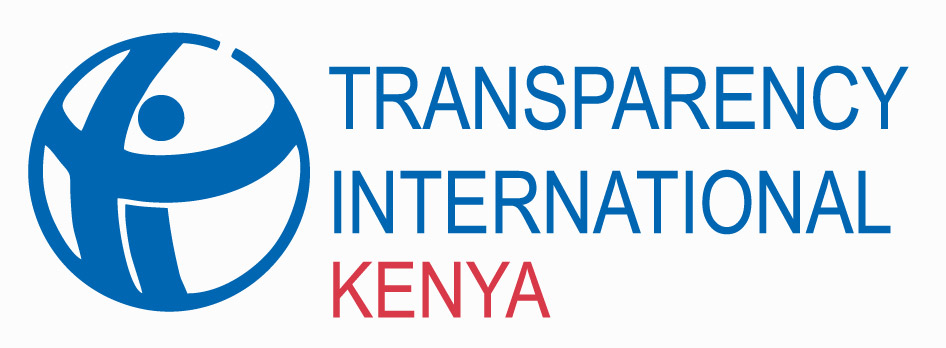SANCUS PROJECT – PUBLIC FINANCIAL MANAGEMENT
The project – Strengthening Accountability Networks among Civil Society (SANCUS) – aims to contribute to greater democratic accountability of public institutions globally, specifically by empowering civil society organisations (CSOs) to demand systemic change to address accountability and anti-corruption deficits in 21 countries.
The SANCUS partners include seven national CSOs from Sub-Saharan Africa (Cameroon, Rwanda, the Gambia, Nigeria, Kenya, Zambia, and Zimbabwe), five from Latin America (Brazil, Chile, Colombia, Guatemala and Honduras), four from the Middle East and North Africa (Morocco, Lebanon, Jordan and Palestine), three from Asia Pacific (Sri Lanka, Indonesia and Maldives) and two from Eastern Europe and Central Asia (Armenia and Bosnia and Herzegovina).
TI-Kenya supports coordination of joint advocacy and peer learning activities within the Sub-Saharan Africa Region.
The main objective for the national activities under the SANCUS project in Kenya is to:
Enhance parliamentary oversight and citizen participation in the formal public audit process in Kenya and the region.
SANCUS project adopts a two-lever approach to enhance democratic accountability:
- Vertical accountability: the means by which the state is held to account by citizens and their associations.
- Horizontal accountability: the means by which one state actor has the formal authority to demand explanations or impose penalties on another body as part of intra-governmental checks and balances
- Vertical accountability: the means by which the state is held to account by citizens and their associations.
- Horizontal accountability: the means by which one state actor has the formal authority to demand explanations or impose penalties on another body as part of intra-governmental checks and balances
